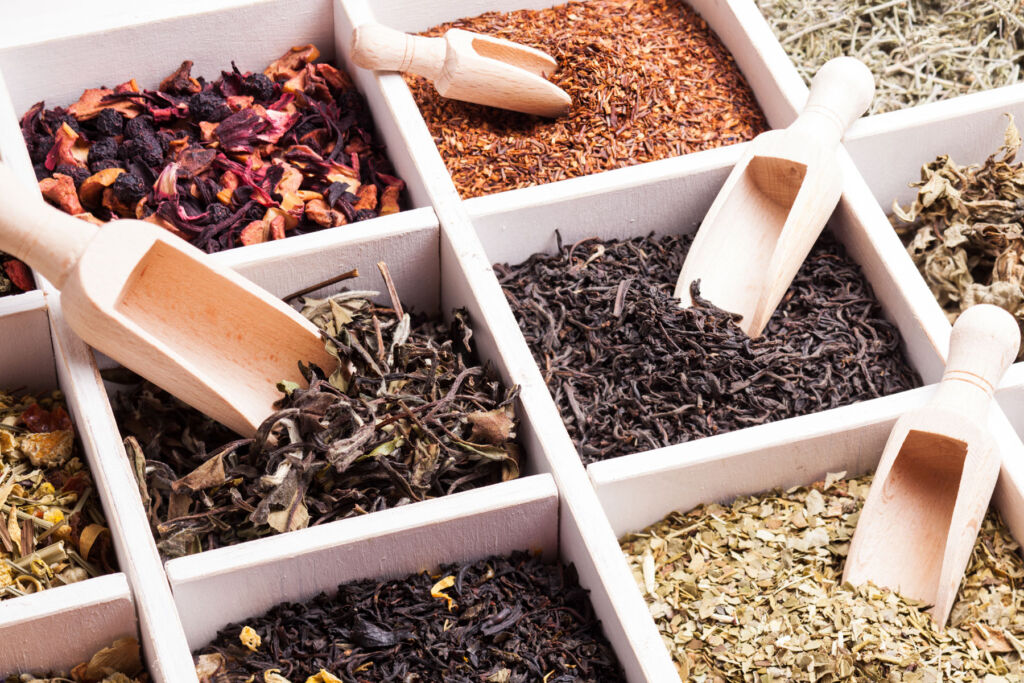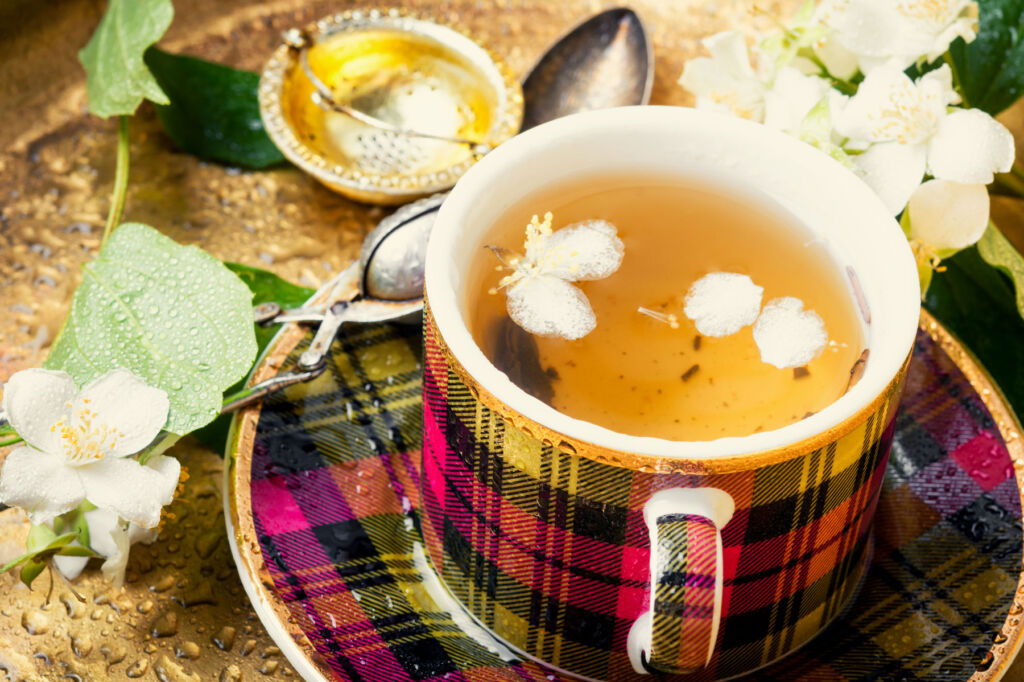
It’s no secret that drinking tea comes with a massive list of health benefits, and new studies are constantly discovering even more things to add to it. In this health feature, experts at Tea Advisory Panel explain what new research into the tea plant has uncovered.
A new study has highlighted the heart health benefits of enjoying a regular cuppa. The study, published in the journal, Biomedicine & Pharmacotherapy, reported that the tea plant – used to produce both black and green tea leaves – contains a natural compound that may have anti-clotting effects[1].

Clotting, or thrombosis, is a major risk factor for heart attacks and strokes. The scientists found that the newly discovered tea compound, called cystatin, helps to thin the blood naturally by relaxing blood vessels and inhibiting platelets from sticking together.
Commenting on the study, GP and member of the Tea Advisory Panel, Dr Gill Jenkins, said, “Tea is well known for its heart health properties – including blood pressure reduction and antioxidant effects – which are mostly due to polyphenols, such as flavonoids. This new research has revealed another advantage, with a natural compound in tea helping to protect the heart and brain by reducing clotting.
“This adds to evidence showing that regular tea drinkers are less likely to develop heart disease or suffer from strokes. According to a survey of nearly half a million British adults[2], those drinking three cups of tea daily have a 24% lower risk of dying from cardiovascular disease”.
An extensive review by Dr Tim Bond, Dr Gill Jenkins and Dr Emma Derbyshire – in Tea for Minds and Hearts: A Scoping Review[3] –confirmed the heart and brain effects when we drink tea on a regular basis, including:
- Improved vascular and endothelial function, which have knock-on effects on lowering blood pressure.
- Improved attention and psychomotor speed, helping to support mental agility.
- Reduced risk of depression thanks to improved circulation to the brain and the relaxation effects of L-theanine – an amino acid naturally present in tea.
- Slowed cognitive decline in advanced age, helping us keep our faculties longer.

Dietitian, and fellow member of the Tea Advisory Panel, Dr Carrie Ruxton, added, “There are so many things we can do to improve our heart health but drinking a few cups of tea day each day is surely one of the easiest – and most enjoyable – options.
“The benefits of tea to vascular health, blood pressure control, and fighting oxidation and inflammation which damage body cells are well known. It doesn’t matter whether you prefer black (regular) or green tea as both come from the same plant and deliver high levels of polyphenols – the active plant compounds which support cardiovascular health”.
“Since more than seven million Brits live with cardiovascular disease, marking Heart Month with a daily cuppa is a positive and easy way to help your heart”.
About the Tea Advisory Panel
An unrestricted educational grant from the UK TEA & INFUSIONS ASSOCIATION, the trade association for the UK tea industry, supports the Tea Advisory Panel. The Panel has been created to provide impartial information regarding the health benefits of tea. Panel members include nutritionists, dieticians and doctors.
Read more articles on tea in our dedicated health and wellness section.
![]()




You must be logged in to post a comment.